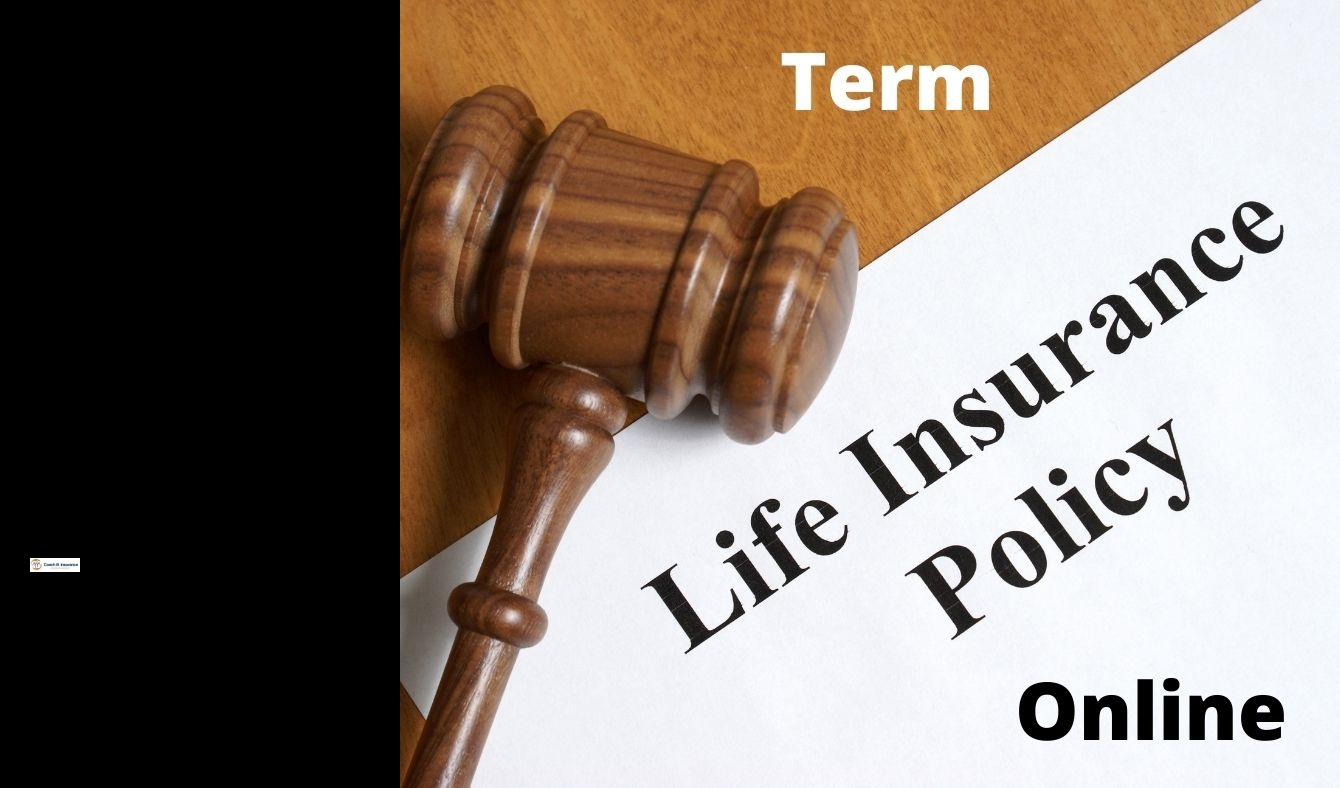senior term life insurance
Individual life insurance quotes depend on many factors which influence your risk. A healthy 35-year-old male getting a term life insurance policy can expect to pay about $30.42 in monthly premiums for a 20-year, $500,000 policy as of April 2022, while a 35-year-old female with the same term length and policy amount may pay $25.60. Generally, term life insurance is more affordable than whole life insurance because the Whole Life lasts longer and has an additional savings feature.



